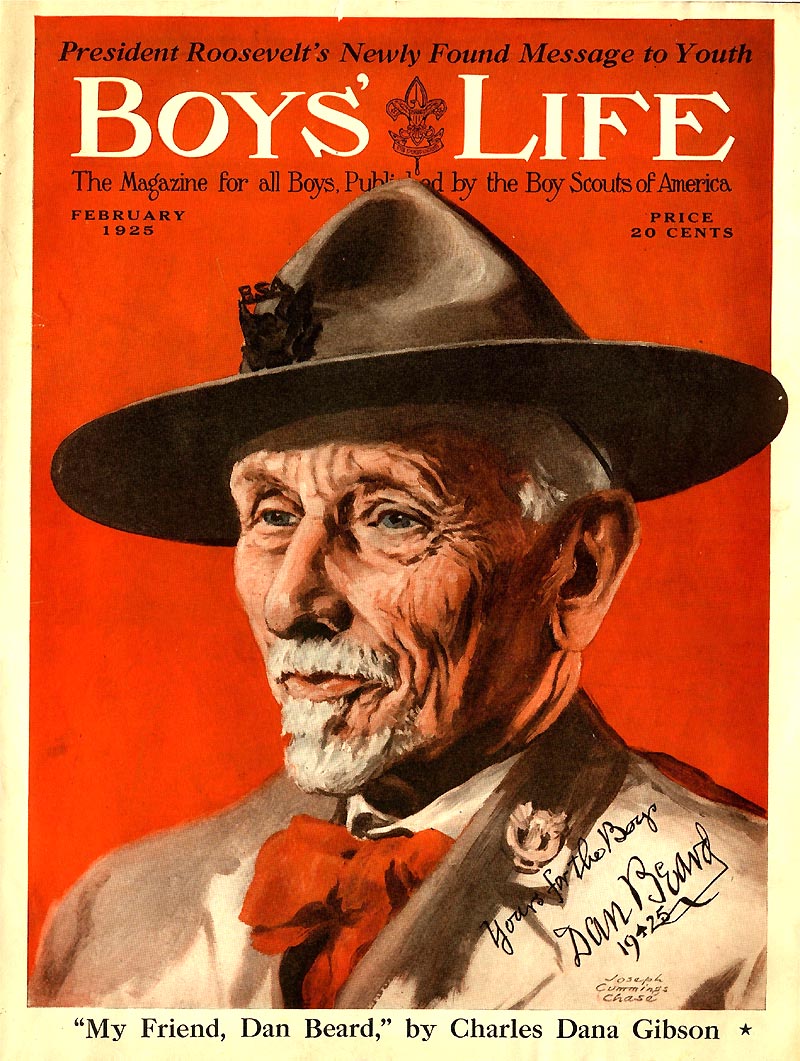Camp Elektor
First opened in 1935. The founder, Maude B. Clarke (Aunt Maude),was a single Mom who owned and directed a K-12 private school in her large home on Long Island, New York. She called it the Sunshine School but, when older pupils requested a more grownup name, she consented, “provided the name mentions the sun,” she said. Students discovered elektor is the Greek word for “beaming sun,” and the school became Elektor Academy.
The Author, Dave Horn, with the Recreation Hall built by the Junior Counselors in 1958. (Photo – August 1983)
| Open to boys and girls enrolled in the Christian Science Sunday School, Elektor included 20 counselors and about 80 children from age 6-16. Since Aunt Maude had a private income, she never took a salary from camp but rolled all profits back into improvements on the property. When Dan Beard’s neighboring camp closed, she purchased several of his empty cabins and a collection of boys’ adventure books from his camp library. |
|
Used as a carriage house before 1935, this building became the first cabin for girls at Camp Elektor. Later, when smaller cabins were built, this became an all-purpose recreational hall called the Blockhouse, where campers met for morning assembly, Tuesday night movies, Wednesday night church, and dance parties on Saturday. It was the “center” of camp until grateful parents donated over $2,000 in 1965 for construction of a new assembly hall at the lake shore. |
| When Dan Beard’s Boy Scout camp closed after his death, Maude Clarke purchased several cabins which were moved to Camp Elektor. Three small cabins from Beard’s camp were later joined together at Elektor, forming this larger unit for junior campers. Dave Horn spent his first summer at Elektor as a camper in this cabin, where he later served as a counselor. The cabin was located exactly where the Inn at Woodloch stands today. |
| Elektor was not an outward bound camp where children climbed jagged cliffs and rafted wild white water. Rather, it was an inward bound camp, teaching quieter lesson of skill, service and honor. For skill, children learned to row, canoe, sail, play sports, and camp outdoors. To learn service, each camper was urged to volunteer by the week for daily jobs on campus. Younger children watered flowers or emptied trash. Older campers set tables or swept the recreation hall. Teenagers might repair a fence or strip a felled tree to make a new flagpole. If well done, these service jobs were carefully noted and awards were given at a banquet on the last night of camp. Skill and service were rewarded, but honor was the highest achievement at Elektor. According to Aunt Maude, honor meant doing whatever needs to be done and never seeking recognition. Only a few older counselors won an Honor Banner at banquet night to hang proudly over their bunk the next summer. |
| In 1960 parents donated money for a new recreation hall on the shore of Lake Teedyuskung. It was a precut structure which arrived in early July on a flatbed truck and was unloaded on the baseball field. Contractors set the cinder block foundation, but all other work was done by two caretakers and a handful of junior counselors. I was one of the counselors-in-training assigned to the project. We assembled tongue-in-groove wall panels with prehung windows. We unrolled tar paper on the plywood roof and hammered down the shingles. All summer the building grew, until finally it was ready to host our first lakeside banquet night. The meal was delicious, but the finest moment came after dessert when counselors-in-training dressed in white camp uniforms, stood arm-in-arm at the door and sang “Bless This House, O Lord We Pray” in three-part harmony. By the end, almost everyone had tears in their eyes. |
| In 1970, the property was purchased by Woodloch Pines. Most structures were boarded up, and the recreation hall we built was converted into a boathouse until it was finally demolished. The elegant Inn at Woodloch now stands where we once bunked in cabins built by Dan Beard. Our baseball field lies beneath an asphalt parking lot, but the pine grove by the road, where we assembled each week for outdoor Sunday School, remains unchanged. Some say if you walk down the manicured lawn from the Inn at Woodloch to the lakeshore where our recreation hall once stood, you can still hear children’s laughter in the wind, and the words Aunt Maude spoke at the end of each summer. “Boys and girls, go home tomorrow and let your light shine like the sun.” |
|
Posing for pictures during banquet night, 1953, in the old blockhouse, are the directors of Camp Elektor, (from left) Ardis Dunn and her husband Gordon, and Maude B. Clarke
|
 In 2002, David Horn published a book called “On the Shores of Teedyuskung: Camp Elektor Remembered“. For information about ordering a copy, e-mail him at [email protected].
|








